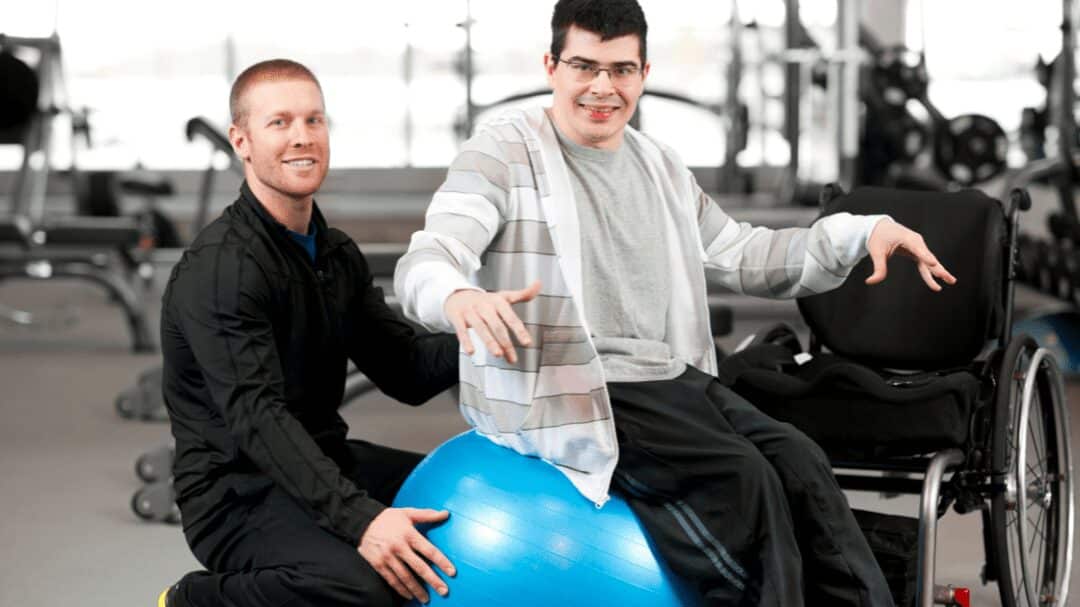Common Developmental Disabilities in Children |

In an interview with the Health Channel, Dr. Yadira Torres, Psy.D., Psychologist & Clinical Associate with Child Psychology Associates, discusses different types of developmental disabilities to watch out for in your children. The most common ones seem to be attention deficit, hyperactivity disorder and autism spectrum disorder.
“With ADHD what we see is kids who have a hard time sitting still. You might see a lot of impulsive behavior or inattentiveness.” Dr. Torres explains that ADHD tends to become more obvious in children when they are placed in low-stimulus environments, such as a library or circle time during class. “We might see that those kiddos are moving around a little bit more or have a harder time paying attention,” Dr. Torres elaborates.
Dr. Torres explains that ADHD and ADD are almost the same thing. Doctors use ADHD as an umbrella term and then specify which type it is. The types are hyperactive, inattentive, and combined. The inattentive type is what is commonly known as ADD.
Dr. Torres says that autism spectrum disorder is characterized by social deficits and language deficits. Oftentimes, children on the autism spectrum will also have some type of communication disorder or language disorder as well.
Developmental disabilities are a neurobiological process, Dr. Torres explains, “So oftentimes they are caused by genetics and the parents. The development of these disabilities may, also, be influenced by the age of the parents at conception. What we know at this point, is that there is a brain function, or a brain dysfunction for better term, behind some of these disorders.”
Watch the full segment of Dr. Yadira Torres talking about developmental disabilities in children, here: https://youtu.be/VmX_0rLO4Gw








